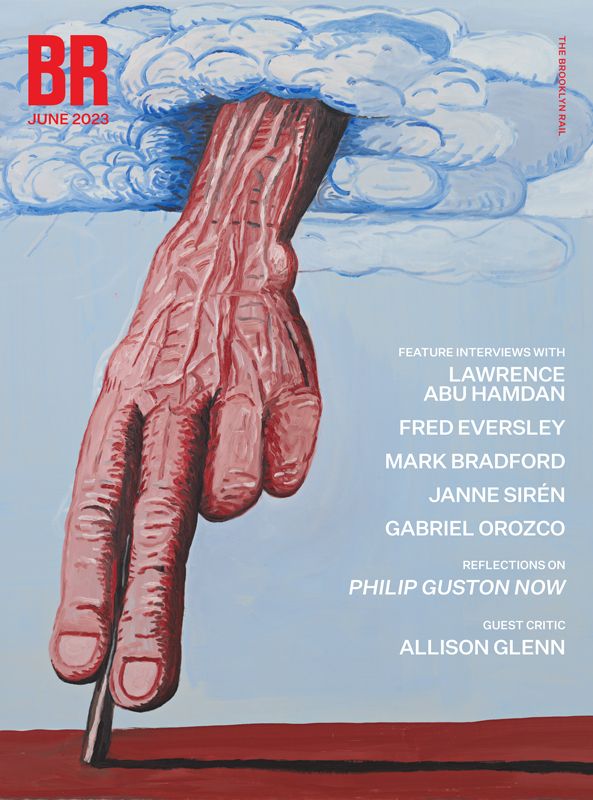Money Obsession: Curse To Mankind?

Capitalist Goes From Bored To Arts Patron
I used to work in finance and was successful, but I became less interested in material things. I started to love art and had conversations with artists who talked about life and humanity. Money wasn't important in these conversations. I realized that only thinking about money was dull and I wanted a richer life.
In 2018, I went to a talk. The talk was between Antwaun Sargent and Titus Kaphar. It was at the Brooklyn Museum. The talk was about Soul of a Nation: Art in the Age of Black Power. Zoe Whitley and Marc Godfrey helped put on the exhibition. Kaphar said, “Art will save us,” at the end of the talk. The talk was inspiring.
His statement made me curious and made me question myself.
People in finance are taught to value expensive things. Expensive things, like Chanel bags, Patek Philippe watches, and Porsche Carreras, are seen as high status symbols. But can looking at art give us the same kind of thrill as buying expensive things? Can people who are obsessed with money find joy in art instead? And is it possible to enjoy life without being obsessed with money?
Can Art save us? Art has the ability to bring people together. Art has the power to lift our spirits. Art can inspire us to think critically. Art can help us to understand other perspectives. Art can be a form of therapy. Art can act as a means of expressing oneself. Art can create a sense of community. Art can educate us about our history and culture. Art has the potential to evoke empathy and understanding. Art can promote social change. So, can Art save us? While it may not provide a cure-all solution, it certainly has the capacity to positively impact our lives in many ways.
What is its worth? It's all about valuation. Determining the value of something is important. It helps to make informed decisions. Valuation can be complex. There are many factors to consider. Things like demand, supply, and quality can all affect value. But in the end, it comes down to what someone is willing to pay. The value of something is only as much as someone is willing to pay for it.
Is this guide leading humans in the wrong direction?
Can creators' ideas help us focus less on money?
I got more involved in the arts community and wanted to understand artists better. So I started a podcast where I interviewed artists. This helped me understand Kaphar's statement better. Artists' voices and words show their views on the world. Looking at their work will answer questions and feed your brain. Art helps us reset our thinking.
My podcast, Cerebral Women Art Talks, turned three years old in May. I started it in January 2020 to boost the visibility of visual artists and showcase their work in galleries and museums. Every week, I interview artists who are often overlooked, including those from the LGBTQ and formerly incarcerated communities. Artists from different backgrounds bring valuable perspectives to the art world. While the value of their work has surged lately, its impact isn't just financial. My platform emphasizes how art can teach us about our heritage, our society, our individual paths, and how others experience life in a unique way.
Interviews are important research for papers and articles. It helps give underrepresented artists a chance to be included in history. This is important for their success. It's crucial to make sure the contributions of artists are recorded and recognized in the canon.
What's next? Mars or outer space? We need to ask these questions and many more. Money and power shouldn't override our appreciation for the simple and good things in life. Can we afford to let this happen?
People should reflect on the worth of their existence, as well as the worth of others and the environment. Artists emphasize that basic things are still significant.









































